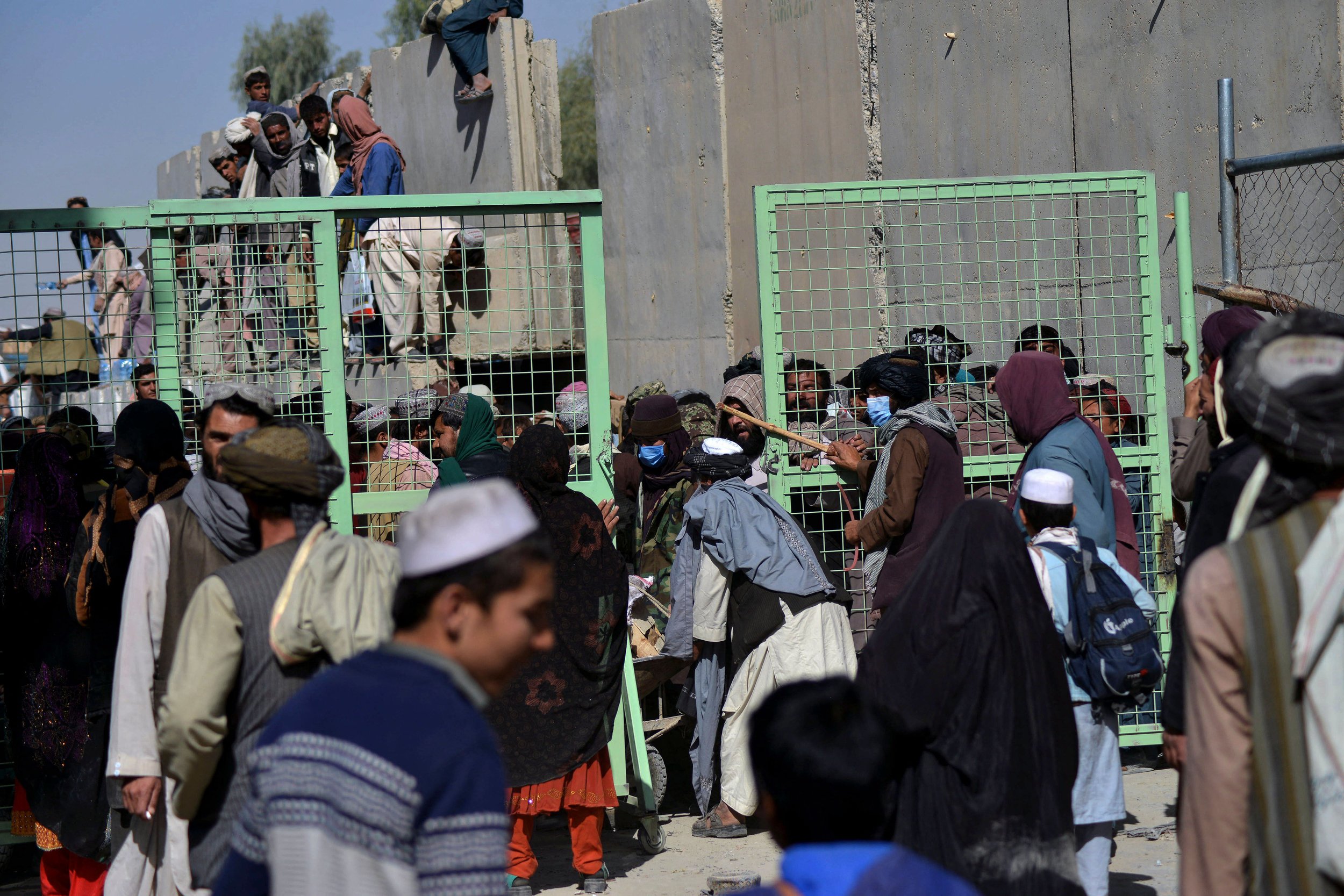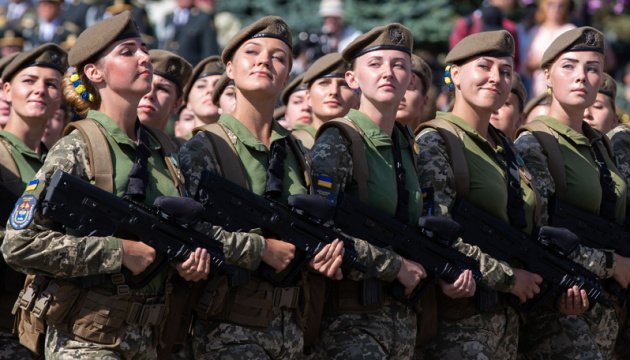How U.S. Tariffs on China Might Bolster Other Asian Economies
As a trade war looms ahead, countries neighboring China are stepping up to reshape trade dynamics.
Election and Integration: Moldova’s Battle for Sovereignty and Democracy
Moldova’s elections reveal a nation torn between European aspirations and Russian influence.
Foreign Fodder: Countering Russia’s Use of Foreign Manpower and Mercenaries
Russia’s use of international recruitment benefits its foreign policy beyond Ukraine's battlefields.
Addressing Conflict-Related Sexual Violence in Wartime Ukraine
Ukraine lacks essential CRSV policy in its fight against Russia, putting its citizens at risk.
Russia Distances Itself from Neighboring Afghan Refugees: Part Two
Russian migration policy rarely recognizes asylum and makes the process painstakingly long, particularly for their Afghan neighbors.
Russia Distances Itself from Neighboring Afghan Refugees: Part One
Russian migration policy rarely recognizes asylum and makes the process painstakingly long, particularly for their Afghan neighbors.
Stopping Online Terrorism: Pulling the Plug on the Russian Imperial Movement
Despite its advanced transnational online networks, adding alternative social media sites within existing public-private frameworks, would render the Russian Imperial Movement vulnerable.
The Return of History? How the War in Ukraine Exposed the North-South Divide
This piece underscores memory politics' superior influence over ideology in defining the North-South divide.
Africa: The Quiet Battlefield for Global Power
China and Russia are waging a quiet war for global influence in Africa—and the United States is falling behind.
Russian Soft Power Influence in Africa
For Russia’s Africa strategy, the most critical soft-power attraction is Russia as an assertive but pragmatic actor; the West must counter Russian soft power operations in Africa by supporting democratic and human rights initiatives.
Gendered Aspects of the War in Ukraine
The conflict in Ukraine is highly gendered and disproportionately affects gender and sexual minorities.
An Uncomfortable Lesson From the Ukraine-Russia War: Challenging the United Nations’ Policy on Nuclear Proliferation
Nuclear weapons will always be loathed for their destructive potential, but it is hypocritical for nations expanding their own nuclear arsenals to mitigate proliferation to vulnerable states.
China’s Diplomatic Dilemma amid the Russo-Ukrainian War
Russia's invasion of Ukraine has exacerbated Beijing's strategic environment, negatively impacted its geo-economic goals, and violated Beijing's long-held diplomatic principles. Washington should therefore take advantage of this opportunity by driving a wedge between Russia and China through re-engaging Beijing.
Putin’s Miscalculated Machinations Serve Beijing’s Interests
The Kremlin’s military aggression in Ukraine is a tragic confluence of imperial ambition, deception and civilian casualty. However, it is also a poor signal to Russia’s senior partner – China – to stay away from the country’s Far East. As a former KGB operative, Vladimir Putin understands that maintaining the cohesiveness of such a naturally rich, diverse and vast Russia in the 21st century may come at a cost, again.
The Sources of Russian Conduct in Ukraine
The unprovoked and unjustified invasion of Ukraine by Russian military forces is the result of Vladimir Putin rushing to reestablish Russia’s domination over its periphery.
From Челябинск With Love: Russian YouTube Use as an Alternative Public Sphere
Russian media content analysis often focuses on native internet sources such as VK and Yandex. Yet for activists with an eye towards Western audiences, usage of a non-indigenous platform - YouTube - is gaining prominence.
Vaccine Diplomacy: The Next Wave of Great Power Competition
The critical global need for COVID-19 vaccines provides great powers a chance to improve their diplomatic relations–and their international influence–through vaccine diplomacy.
Russia’s Return to Africa
Russia’s planned naval base in Sudan marks an attempt to regain levels of influence in Africa not seen since the Cold War.
Vaccine Hesitancy in the Post-Soviet Space
Structural issues stand in the way of effective COVID-19 vaccine adoption in the post-Soviet space. Here are ways to address them.
Pipelines and Progress: Laying Down Energy Security in the Heart of Europe
The Visegrad 4 countries have developed the framework for effectively contesting Russian gas hegemony in Europe.



















